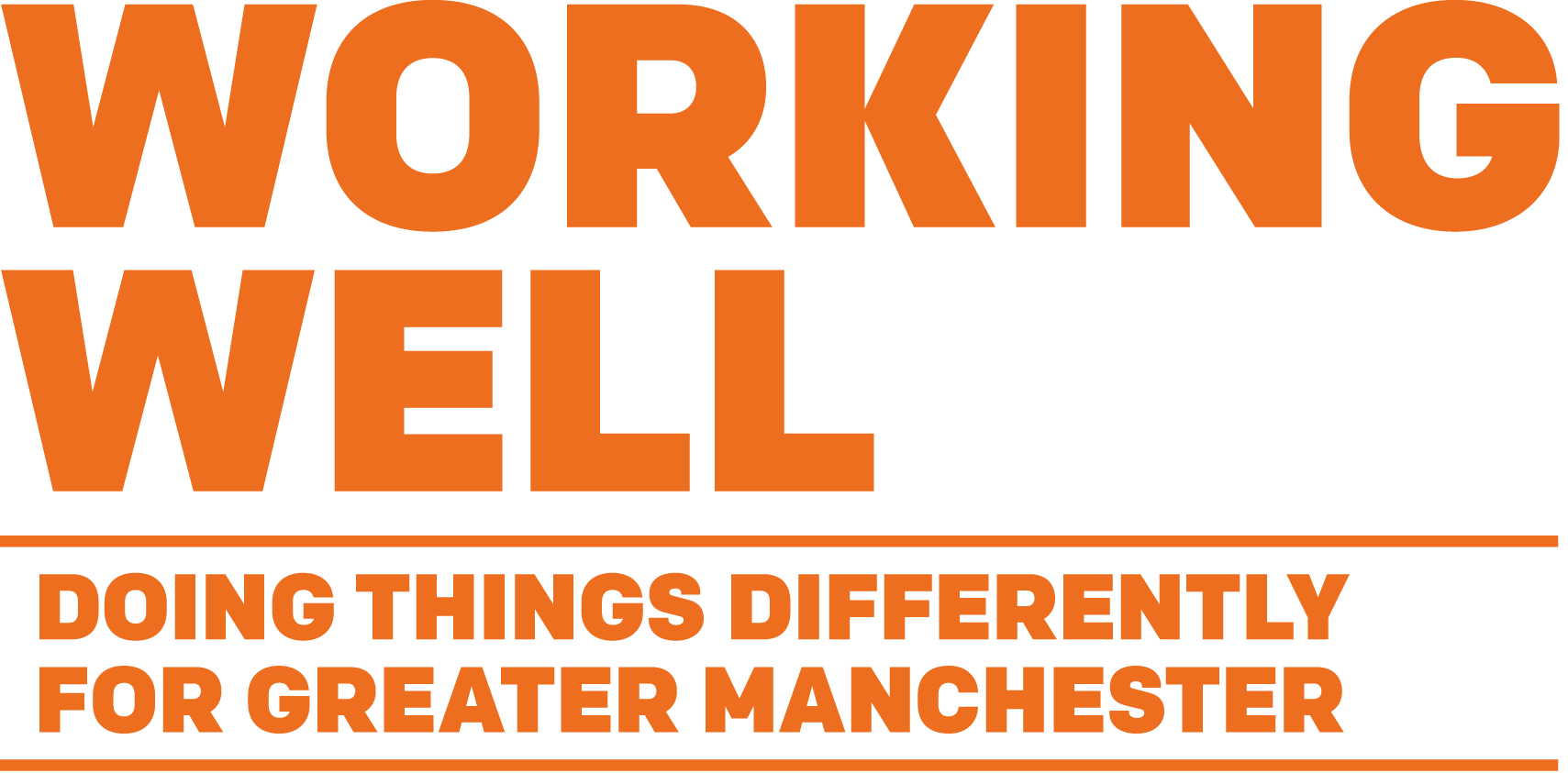Struggling to Get a Job After University? Try These Steps
Achieving your degree after all your hard work is exciting, but it can be hard to get a job after university.

Here are 6 steps that can help you gain a role.
Step 1: Sign up for job search websites
A great way to start looking for a job after graduation is to sign up to job sites as you’ll be able to view a range of roles that could be perfect for you. It also helps you understand the requirements needed for jobs in different industries and whether you have the transferable skills needed.
Step 2: Tailor your CV
Once you’ve found jobs you want to apply, its important to always tailor your CV to the role you’re applying for. When doing this there are a few things you should consider, such as:
-
Picking out keywords and phrases - In the job description there will be a range of keywords and phrases that can help you choose the focus of your CV. Examples of keywords and phrases could include ‘good communication’, ‘well organised’ and ‘experience in marketing’.
-
Put your most relevant experience first - You might not meet every requirement mentioned in the job description and you may not have direct experience in the industry, but that’s okay. Not everyone will have direct experience, but any relevant work or projects with transferable skills should be showcased within your CV.
-
Research the company - Researching the company allows you to align your CV with things that aren’t mentioned in the job description, such as their company values. This shows you have initiative, great research skills and that you want the job, helping you set yourself apart from the rest of the candidates.
Step 3: Explore different career paths
Researching different career paths is a great way to understand what industry or role you want to work in. Conducting research into a range of industries can help you pick out the qualities you like and dislike while allowing you to align your skills and experience. This helps you see if there’s anything you need to develop to boost your chances of being employed.
You can look for different career paths by:
-
Conducting online searches using terms such as ‘Jobs for someone who has graduated from a [insert your degree].
-
Consulting a career counsellor to discuss your aims, experience and occupations you could consider.
Step 4: Research companies
If you have an idea of the industry or role you want to pursue, you can start to research different companies to see if they align with your values and offer the role, salary and/or benefits you’re looking for.
You can read what companies say about themselves on their website ‘About us’ page to understand what they do and how they work and look at reviews on sites like Glassdoor to review how staff perceive the company. This can help you understand whether they’re the right fit for you.
Step 5: Network
Networking is a great way to access industries and gain employment opportunities. It’s also a great opportunity to ask any questions about roles you’re interested or how their company works, as this gives you greater clarity on whether it’s right for you.
A simple way you can start networking is through creating a LinkedIn profile, as this allows you to connect with people all over the world. You can join groups, follow companies and connect with people in industries you're interested in. This can help you gain a better understanding of the careers that interest you.
Attending in person networking events can help you meet people locally and increase your chances of finding employment opportunities. This is because you’ll meet people from a range of companies with similar interests that may be interested in offering you a role because of you showcasing your passion for the industry or role you’re seeking to work in.
Step 6: Prepare for interviews
If you’re successful in the application process, the next step is to prepare for your interview to increase your chances of landing the role.
This can show employers that you’re organised and put you ahead of your competition. You can prepare for your interview by:
-
Practising answers to potential questions - This can help you feel confident and relaxed during your interview and help you highlight your relevant experience and skills well. You can also practice the whole interview process and answer questions with a family member or friend.
-
Research common mistakes - While it’s good to know what you should be doing in an interview, you’ll also want to investigate what you shouldn’t do. For example, it can be tempting to ask about salary or benefits during the interview, but it may be better to discuss this once you’re offered the role.


